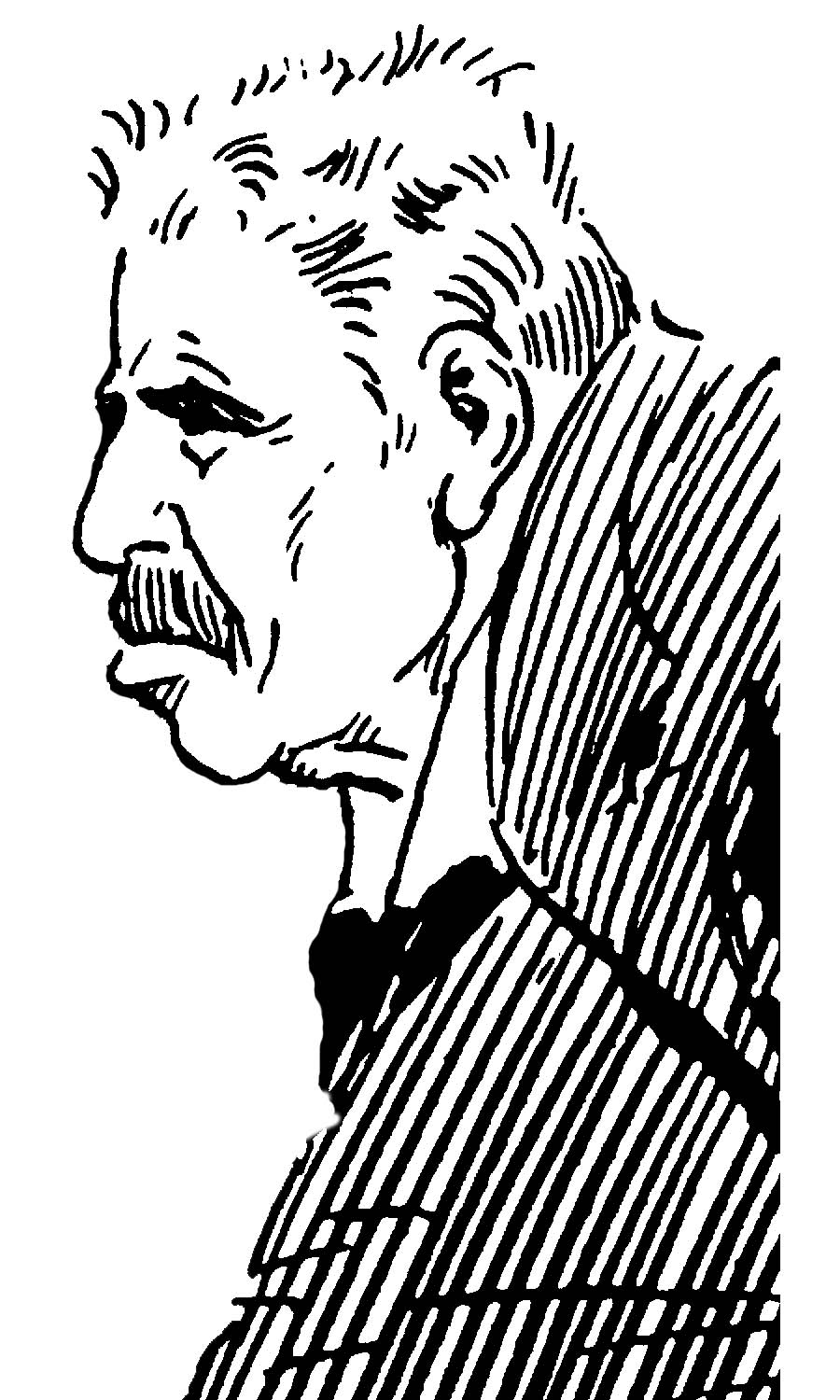- John Murray (Victorian politician)
Infobox_Premier
name =John Murray
nationality =Australian
order =23rdPremier of Victoria
term_start =8 January 1909
term_end =18 May 1912
predecessor =Thomas Bent
successor =William Watt
deputy =

caption =
birth_date =8 July 1851
birth_place =Koroit, Victoria,Australia
death_date =death date and age|1916|5|4|1851|7|8|df=y
death_place =Warrnambool, Victoria,Australia
constituency =
party =
spouse =Alice Bateman
profession =
religion =
footnotes =John Murray (
8 July 1851 –4 May 1916 ),Australia n politician, was the 23rdPremier of Victoria .Murray was born near
Koroit, Victoria , the son of Scottish immigrants. When he was a child his parents settled on a farm near Warrnambool in theWestern District of Victoria. Murray visited Scotland when around 20 years of age, but returned to Victoria. Murray inherited the farm and lived there all his life. He married Alice Bateman and had six children.In 1883 he opposed
James Francis for the Warrnambool seat in theVictorian Legislative Assembly , but was defeated. Francis, however, died in 1884, and Murray obtained the vacant seat and held it until his death some 32 years later. He was often opposed, and in his early days his indulgence in drink threatened his career. He, however, conquered this weakness, and afterwards as an advocate of temperance did not hesitate to mention the danger he had been in. A typical rural conservative, he was Chief Secretary and Minister for Labour in the government of William Irvine from 1902 to 1904, and President of the Board of Land and Works and Commissioner of Crown Lands in the government ofThomas Bent from 1904 to 1906. After 1907, however, Murray emerged as the leader of a country faction of Bent's Liberal Party which opposed his free-spending policies. In January 1909 he successfully moved a motion of no-confidence in Bent's government and succeeded him as Premier, also becoming Chief Secretary and Minister for Labour.Although the Labor Party won the 1910 federal elections, it remained much weaker in Victoria than in other states, and at the 1911 state elections Murray's Liberals were re-elected with 43 seats to Labor's 20. But conflict between rural and urban factions of the Liberal Party remained chronic, with the urban leader
William Watt undermining Murray just as Murray had undermined Bent. By May 1912 Murray had had enough and resigned. He then accepted office as Chief Secretary in Watt's government from 1912 to 1913 and again from 1913 to 1915. He died in Warrnambool in 1916.Murray was a big man physically, good-natured and well-read, an excellent speaker with a fund of humour and irony. An able administrator with a tendency to indolence, he was a good leader in the house, often turning the laugh against his opponents, and managing difficult measures with much tact and success.
References
*Geoff Browne, "A Biographical Register of the Victorian Parliament, 1900-84", Government Printer, Melbourne, 1985
*Don Garden, "Victoria: A History", Thomas Nelson, Melbourne, 1984
*Kathleen Thompson and Geoffrey Serle, "A Biographical Register of the Victorian Parliament, 1856-1900", Australian National University Press, Canberra, 1972
* Raymond Wright, "A People's Counsel. A History of the Parliament of Victoria, 1856-1990", Oxford University Press, Melbourne, 1992
*Dictionary of Australian Biography|First=John|Last=Murray|Link=http://gutenberg.net.au/dictbiog/0-dict-biogMu-My.html#murray3
Wikimedia Foundation. 2010.
